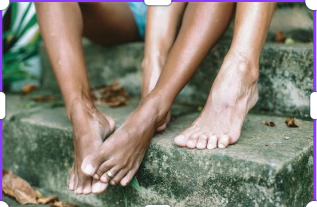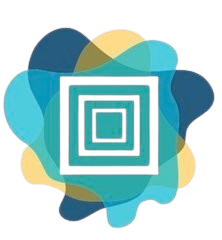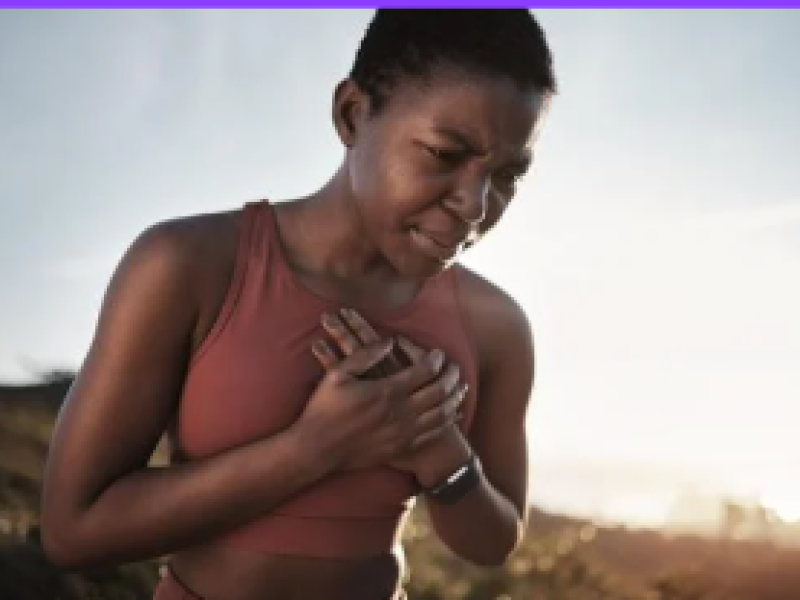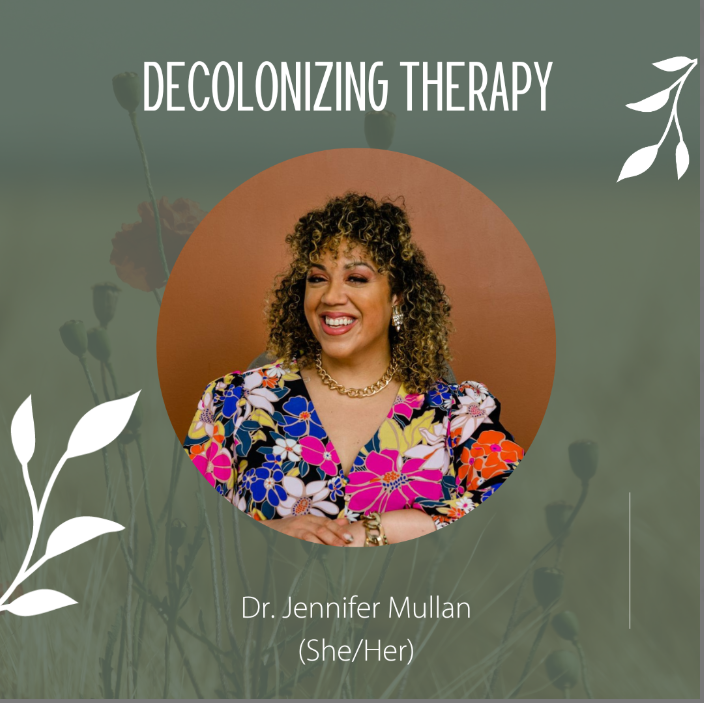You might not know why you feel this ache—but sometimes it’s less your story and more the weight of others. Ancestral grief isn’t just metaphor—it can live in your body as unprocessed sorrow, caution, or vigilance passed down through generations.
For many BIPOC and LGBTQIA+ individuals—including professionals in Charlotte’s education, healthcare, and corporate sectors—ancestral grief isn’t discussed. But our bodies carry memories from our histories. Understanding and honoring this can be a powerful gateway to healing.
What Is Ancestral Grief & Intergenerational Trauma?
For Black women therapists like Tamala Floyd, legacy burdens aren’t abstract—they’re lived realities. She describes inherited burdens like internalized self‑reliance, perfectionism, caretaking, scarcity mindsets, and even ancestral weight from centuries of slavery—passed from grandmother to mother to daughter as unspoken survival strategies (centerforhealthjournalism.org).
These aren’t just stories—they imprint in our bodies via epigenetic pathways. Speaking with Thomas Hübl, Floyd notes how IFS work helps people connect with ancestors and cultural legacy wounds—and begin to disentangle “what happened then” from “what’s here now” (pointofrelationpodcast.com).
As she writes in her book Listening When Parts Speak, it is “an ancestral playbook for unlocking the heart of your wounds and the embodied power of your healing”—inviting healing that moves beyond words to ceremony, compassion, and parts awareness (tamalafloyd.com).
Your Body Remembers What Words Never Captured
Studies document how trauma can influence gene expression through epigenetic mechanisms—affecting cortisol regulation, immune function, and behavioral responses even generations later (NIH, Nature).
For many Charlotte professionals—teachers balancing decades of penalizing policy, nurses carrying community grief, and queer folks processing inherited survival instincts—this isn’t theory. It’s embodied reality: tight necks, chronic anxiety, “nervous bellies,” and perpetual half-alertness.

Embrace Healing Through Awareness & Ritual
1. Physical Cue Recognition (Body Check-In)
Feel the tension—jaw, gut, chest. Label it, breathe into it, silently tell that part: “I see your sorrow.”
2. Naming Your Ancestors’ Unspoken Suffering
Write to your ancestral parts: “I hold your grief. You did your best. I’m listening.” What did you ancestors want for you to receive instead of sorrow and grief.
3. IFS Compassion-Mapping
Identify protector parts that keep you safe (hypervigilant, perfectionist) and exiled parts carrying ancestral grief. Use your Self—therapy— and —your journal— to hold them with compassion, not critique.
4. Honor Through Altar Rituals
Create a visual honoring space: photos, textiles, a candle, ancestral music or spoken-word. Light your candle weekly and allow grief to be witnessed, not fixed. Grief is to be witnessed not wished away.
Why This Matters for Charlotte Communities
Charlotte’s Black and queer families have too few spaces to sit with—not fix—our generational grief. When grief is denied, it stays in the body. Healing requires safety, ritual, sanctuary, and peer acknowledgment.
Embodied Practices to Begin Healing Today
- Morning Breath + Naming: Inhale ancestral strength, exhale unresolved sorrow.
- Weekly Ancestral Letter: Write to your lineage and offer gentle presence to their grief.
- Movement or Drumming: Shake out inherited tension—your body is allowed to remember release.
PSA: You Didn’t Ask for This, But You Deserve to Heal
Inherited grief isn’t your fault, but your healing is your power. Your peace is part of your legacy.
At Mended Counseling here in Charlotte, we offer trauma-informed healing that honors your ancestral stories through IFS, mindfulness, and upcoming sound healing in our meditation room. Your body is invited to rest.
👉 Book your ancestral healing session today—and give your body rest.

Mended Counseling & Consultation proudly serves Charlotte, NC and surrounding areas including NoDa, University City, Highland Creek, Mallard Creek, Northlake and all surrounding areas. We also provide services online in NC, SC, VA, GA, and DC. All therapists are not licensed in all states. We specialize in trauma-informed, LGBTQIA-affirming care.




